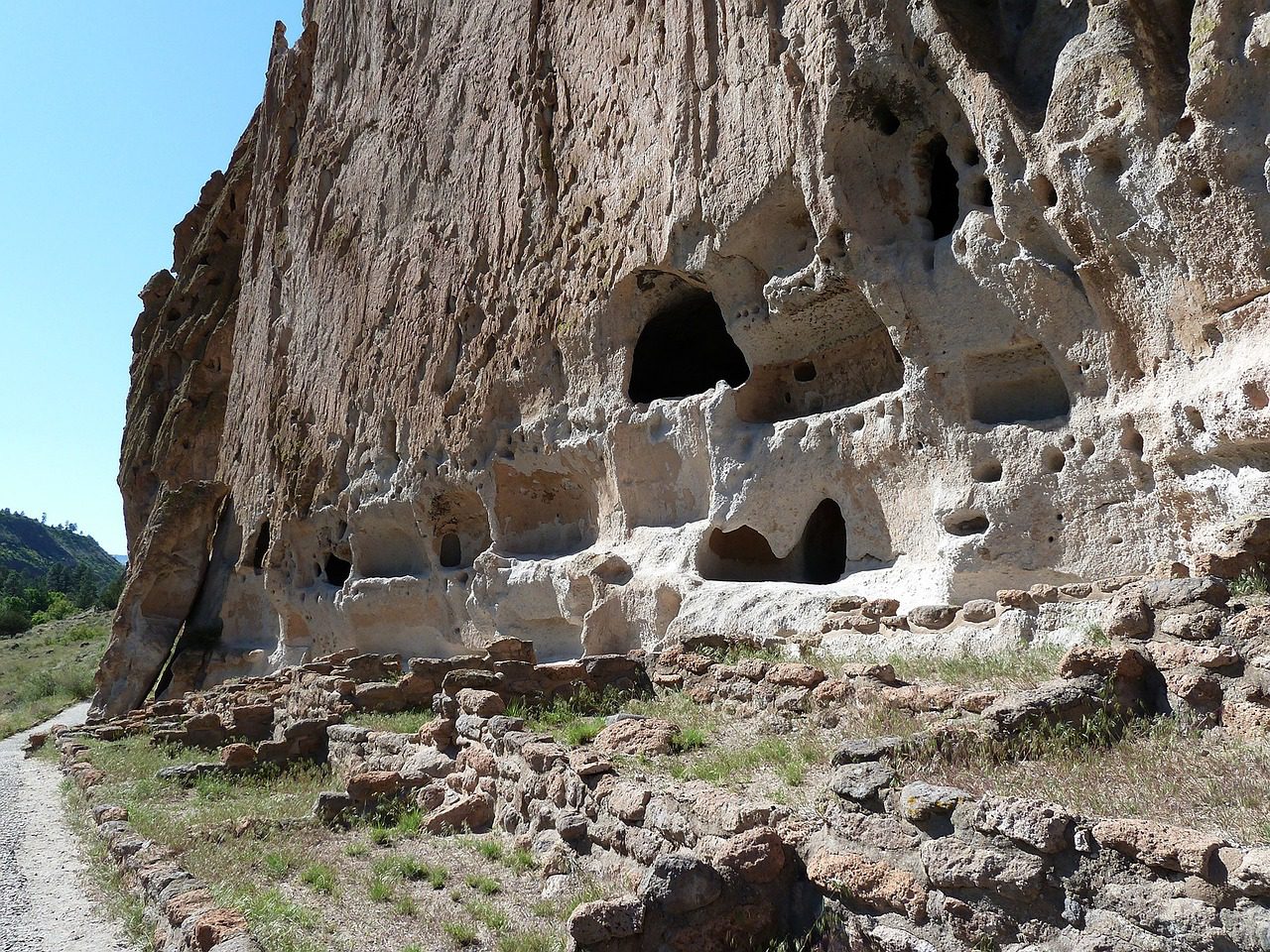October 24, 2023 — The New Mexico Political Report writes that the Office of the State Engineer (OSE) has called upon legislators to increase funding for the Indian Water Rights Settlement fund, citing the pending federal approval of four crucial settlements. These settlements hold the potential for substantial financial commitments, estimated at around $200 million for the state if approved.
writes that the Office of the State Engineer (OSE) has called upon legislators to increase funding for the Indian Water Rights Settlement fund, citing the pending federal approval of four crucial settlements. These settlements hold the potential for substantial financial commitments, estimated at around $200 million for the state if approved.
The four settlements awaiting federal approval are:
- Rio Chama settlement with the Ohkay Owingeh Pueblo
- Jemez River settlement
- Rio San Jose settlement
- Zuni Indian Tribe settlement
OSE’s General Counsel, Nat Chakeres, emphasized the importance of proactively allocating additional funds to the Indian Water Rights Settlement Fund during surplus years. This measure aims to avoid potential budgetary constraints if these settlements are approved several years from now under less favorable financial circumstances.
Proposed Funding and Future Allocations for Indian Water Right Settlements.
During the upcoming legislative session, OSE is expected to request a minimum of $30 million for the Indian Water Rights Settlement Fund. While this funding would not cover the entirety of the settlements, it would serve as a substantial initial contribution. OSE plans to request annual allocations to the fund.
Economic Benefits and Water Infrastructure.
The settlements have the potential to bring in billions of federal dollars to support water infrastructure projects in New Mexico. These projects would benefit both Native American and non-Native communities within the state, with a particular focus on complex groundwater well systems in dry areas.
Recent Progress and Future Challenges.
The four Indian water right settlements have been signed by the state within the past two years . Federal legislation has been introduced for the Jemez River and Rio San Jose settlements. Additionally, New Mexico is continuing its efforts to resolve other water-related disputes, such as the Ohkay Owingeh Pueblo’s claims on the Rio Grande and Santa Cruz River and the unresolved claims of six Middle Rio Grande Pueblos on Rio Grande water.
. Federal legislation has been introduced for the Jemez River and Rio San Jose settlements. Additionally, New Mexico is continuing its efforts to resolve other water-related disputes, such as the Ohkay Owingeh Pueblo’s claims on the Rio Grande and Santa Cruz River and the unresolved claims of six Middle Rio Grande Pueblos on Rio Grande water.


Leave a Reply